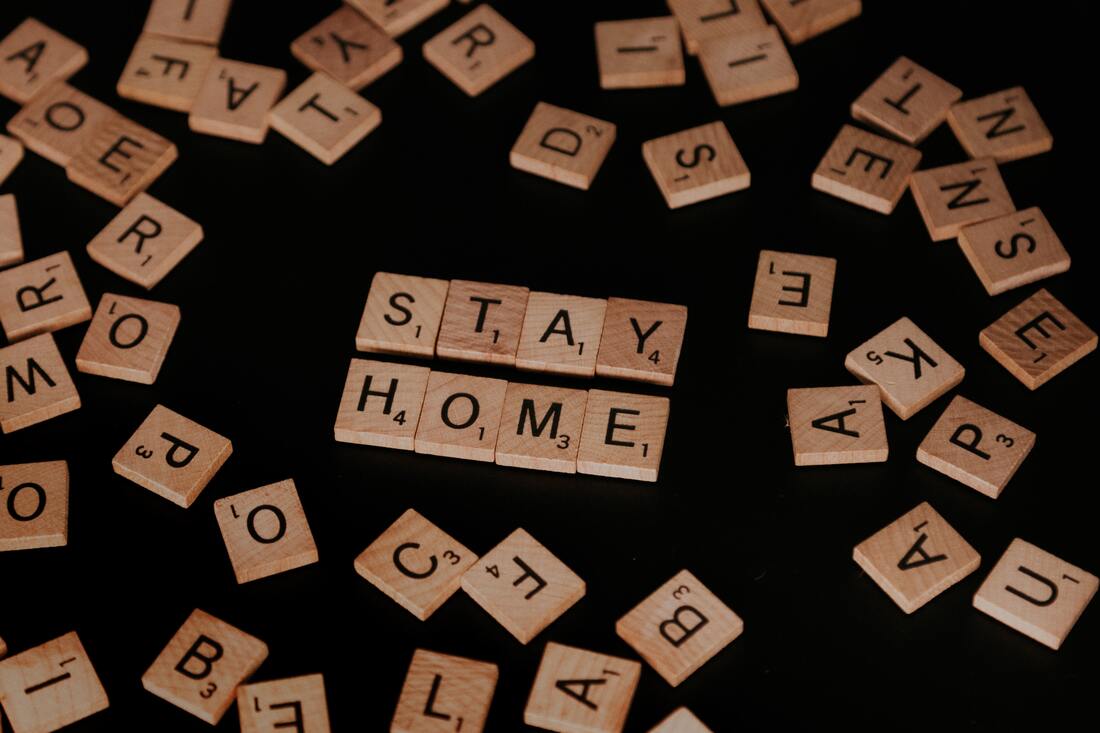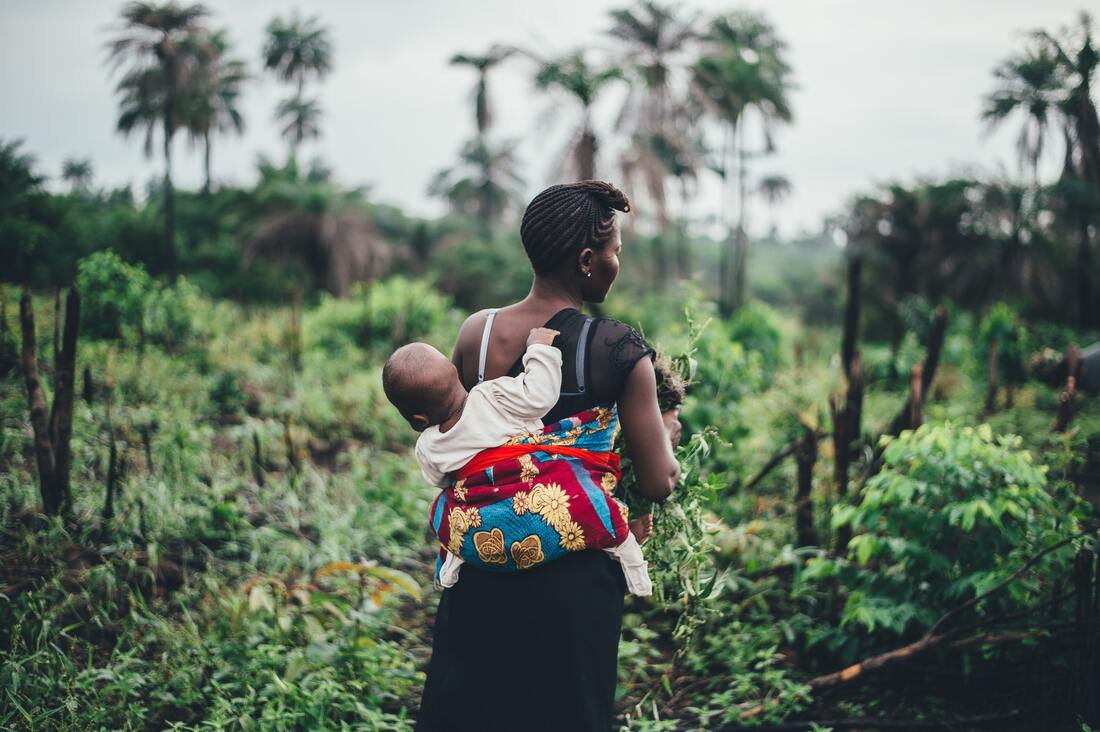Blog |
Blog |
International Day of The Girl Child 2020My Voice, Our Equal FutureIt is a known fact that girls are experts on their own needs and unique realities and all they need is the right support made up of opportunities and skills to make their voices heard. Without this, it is impossible to know exactly what a girl believes is best for her immediate and near future. This is why it is important to give girls power and a voice and to listen to them when they speak. Why The Voices Of Girls Matter?The voices of girls matter because by giving a girl a voice, she can express herself and limits are removed. There is more participation in decision making about her life; her choices are broadened and ultimately, the quality of education and enlightenment improves. When a girl has a voice, she can make changes in her community; lead, challenge, push boundaries and improve the lives of those around her by inspiring them. What It Means For Girls To Have A Voice?Giving girls a voice includes empowering girls and women such that they can participate in decision making at private and public levels and access to resources are no longer one sided (in favour of the male gender) so that both genders become equal participants in leading a productive and reproductive life. When she talks, the world listens. How Education Can Give Girls A voice?Every child can reach their full potential through access to education. Without education, girls are exposed and vulnerable and cannot learn how to actualise their ideas and dreams. Education therefore provides the foundation upon which boundless opportunities for future generations of women is built. Education gives girls a voice because education is key to addressing poverty and fighting disease. An educated woman is an empowered woman that can use her voice to effectively contribute to society, the economy and transforms her family and community through her choices. Being in school makes a girl aware of her rights and improves her own health which in turn affects her family positively. Education also gives girls the confidence to speak up and increases the probability of them being heard. By giving women and girls a voice, they can join the campaign for equality. In order to support girls' education, it is important to go beyond providing learning opportunities, it requires keeping girls safe and protecting them from all forms of violence within and outside their places of learning. Importance Of Our Equal FutureAn equal future is one in which there is gender equality. Gender equality goes beyond being a fundamental human right, it is the bedrock of a peaceful, prosperous and sustainable world. In an ideal world, gender equality should be the norm. Reducing inequality makes economies stronger and builds societies that are stable and resilient allowing everyone equal opportunity to fulfil their potential. An equal future is one where girls and boys enjoy socially valued goods, opportunities and resources and rewards the same way. It does not mean that men and women become the same; it just means that access to opportunities does not depend on gender. An equal future by giving girls a voice is linked to the realisation of basic human rights for all. It is a future in which girls and boys enjoy the same opportunities, obligations and rights in all areas of life. There is equal distribution of power and influence and equal opportunity for financial independence through work or business. Both genders enjoy equal access to education and the chance to build up on their personal talents, interests and ambitions; share responsibility for the children and the home and are free from gender-based violence both at home and at work. Lastly, both genders are completely free from coercion and intimidation in an equal future. From £10 a month, you can give a girl a voice through education. Find out how to sponsor a girl.
5 Comments
Impact of Covid-19 on Girls' Education and Violence Against WomenHow Covid-19 is affecting the education and safety of girls in The Gambia and AfricaThe spread of COVID-19 across Africa has had profound impacts on women and girls as they are particularly vulnerable to the overwhelming effects of the pandemic. As such, it is important for African governments to pay special attention to them as a way to protect them from the ripple effects of the pandemic. The lockdown and its effects have led to reduced access to health services for women and girls in Africa. With most efforts and resources focused on containing the spread of COVID-19, essential services such as access to sexual and reproductive health services have been affected. Rates of delivery in health centres have also dropped significantly. Since informal workers made up majorly of women make up more than 90% of the labour force in Sub-Saharan Africa, these jobs have been affected the most during the pandemic. This means that the ability to make money affected women more than men due to the complete or partial closure of borders by governments. Having both children and husbands at home all (or most) of the time means that women and girls spend even more time in domestic work and unpaid care. This includes women in corporate structures as well. Women and girls are expected to care for the elderly, the sick and other members of their households while most often providing income for the family as well. This places an unfair burden on them.  Photo by Priscilla Du Preez on Unsplash Covid-19 impact on violence against women and girls in Africa
The increase in gender-based violence is not only towards adult women but also targeted at young girls with perpetrators being mostly those close to the victim. In Nigeria, there has been an increase in rape and gender-based violence with more than 700 rape incidents reported across the country in the period of January-May with abuse cases against women and children 3 times higher during the lockdown. Not only this, the closure of schools across the continent posts a grim reality that many girls will never go back to school since a whopping 40% of girls in Sub-Saharan African marry before the age of 18; with parents being unable to make as much money as they are used to, marrying girls off (selling their daughters) will reduce the number of mouths to feed in the household. This means that young women and girls in Africa are particularly vulnerable to the shadow of the pandemic as a result of deep-seated harmful social and gender norms and intricate types of discrimination based on their age, gender and other exclusion criteria. There is also an increase in the exposure of girls to Female Genital Mutilation/Cutting (FGM/C) as well as Child Early and Forced Marriage (CEFM) due to the pandemic.  Photo by Annie Spratt on Unsplash African governments and society's responsibility to protect women and girl during this pandemicAfrican governments, therefore, have to urgently address both the direct and secondary effects of the pandemic on women and girls by protecting the progress made in the empowerment and protection of girls, particularly in the last decade. Responses to the COVID-19 pandemic must include a gender-based approach to the provision and guarantee of human rights including basic rights such as access to food and water, shelter and access to essential sexual and reproductive health services. There must be special palliatives targeted at girls and ongoing welfare services regardless of the pandemic such that women and girls can seek refuge when needed and get tailor-made responses to their unique and collective circumstances.
See our social media pages to find out more about the day-to-day operations of the work we do in educating girls in The Gambia |
Archives
June 2024
Categories
All
|
|
The SaGG Foundation (Sponsor a Gambian Girl) is a girl’s education movement, with aim of championing the cause for girl child education in The Gambia. Education is a basic human right; our vision is to advocate and champion for girls' education.
|
TAKE aCTION |
About us |
|
